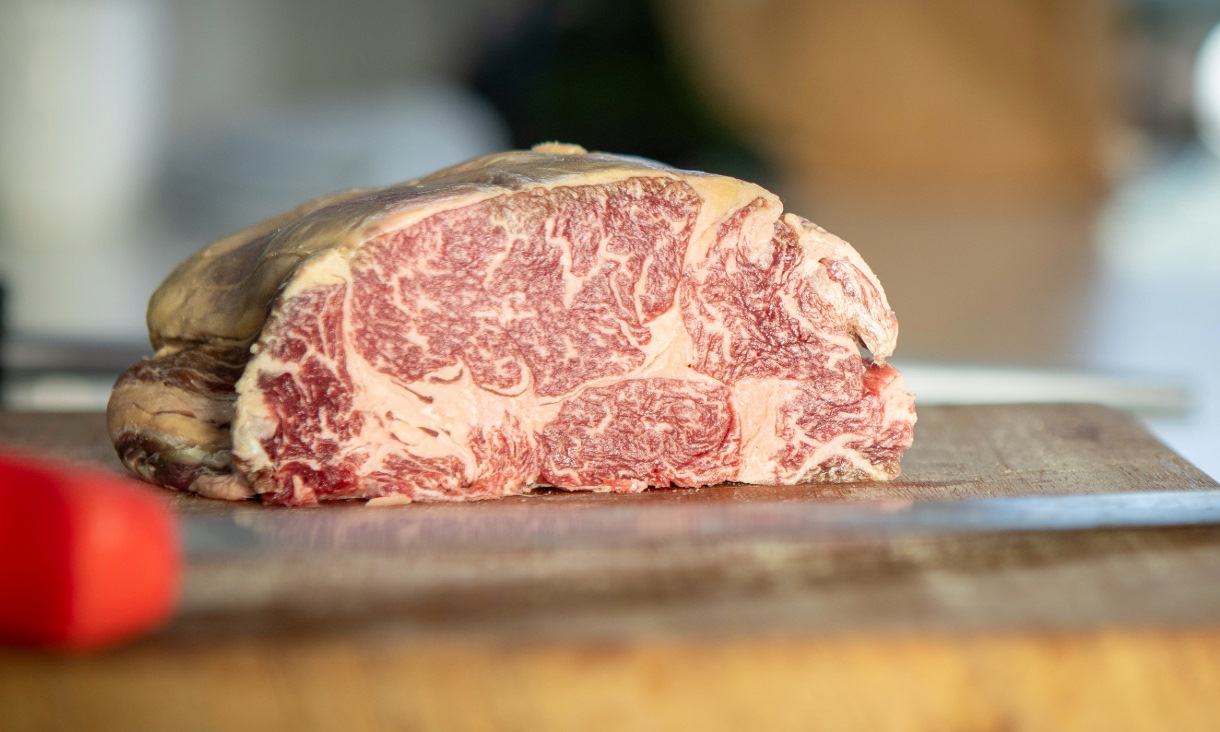2024-08-21 ロイヤルメルボルン工科大学(RMIT)
 Australia has policies to address antimicrobial resistance in animal products and the usage of antibiotic on farms is well regulated, according to Professor Rajaraman Eri. Credit: Ant Bragaglia, RMIT University
Australia has policies to address antimicrobial resistance in animal products and the usage of antibiotic on farms is well regulated, according to Professor Rajaraman Eri. Credit: Ant Bragaglia, RMIT University
<関連情報>
- https://www.rmit.edu.au/news/all-news/2024/august/food-animal-pandemic
- https://ifst.onlinelibrary.wiley.com/doi/10.1111/ijfs.17063
食用動物における残留性と抵抗性への対応:東南アジアにおける政策の急務 Addressing residue and resistance in food animals: a policy imperative in Southeast Asia
Pushpanathan Sundram, Charmaine Lloyd, Rajaraman Eri
International Journal of Food Science & Technology Published: 21 August 2024
DOI:https://doi.org/10.1111/ijfs.17063
Summary
Residue and resistance in food animals pose significant challenges to Southeast Asia’s public health, animal welfare, agricultural productivity, and sustainability. This article emphasises the need for policy interventions to address these issues effectively. Residue, the presence of harmful substances in animal products, is a concern due to the misuse of veterinary drugs and pesticides. Robust surveillance programs, risk assessment, and enforcement of maximum residue limits are crucial to ensure food safety. Antimicrobial resistance (AMR) is another critical challenge in the region, driven by intensive animal production systems and disproportionate antimicrobial use. Responsible antimicrobial use, surveillance systems, and alternative production practices like vaccination, enhanced animal husbandry, and improved biosecurity a re essential to combat the menace. Addressing residue and resistance requires a comprehensive mindset and policy approach, including strengthening regulatory frameworks and inter-agency collaboration, including a One Health approach. Governments, farms, veterinarians, and other stakeholders must work together to develop and enforce effective policies. Education and awareness campaigns can promote responsible practices throughout the food-animal production chain. By prioritising the reduction of residue and resistance, Southeast Asian countries can safeguard public health, ensure sustainable agriculture, and contribute to global efforts in tackling AMR. Policymakers supported by academia, industry, and other stakeholders play a crucial role in effectively shaping and implementing policies to address these challenges.


